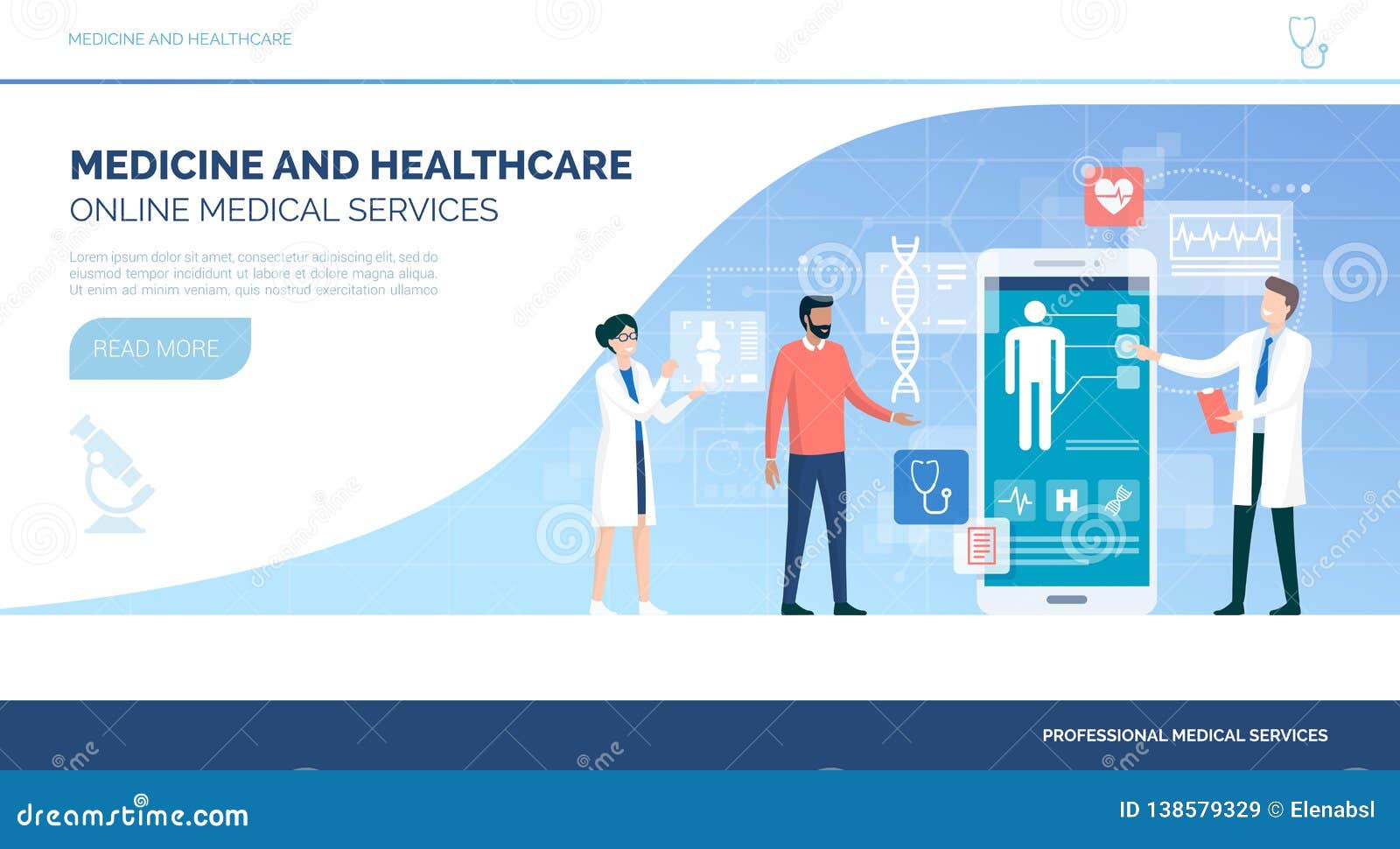The Influence of Subscription Based Healthcare on Typical Clinical Practices
The Influence of Subscription Based Healthcare on Typical Clinical Practices
Blog Article
Recognizing the Cost-Effectiveness of Subscription-Based Health Care Models
As the healthcare landscape evolves, subscription-based models arise as an engaging choice, promising to redefine just how people handle medical expenses. Assessing these designs' cost-effectiveness requires a nuanced contrast with standard insurance coverage, thinking about both financial ramifications and individual satisfaction.
Overview of Subscription-Based Versions
Subscription-based healthcare designs, often described as straight health care or attendant medication, are progressively obtaining focus as a prospective service to inadequacies within standard medical care systems. These models operate the concept of offering people direct accessibility to medical care carriers with a monthly or yearly fee, bypassing the requirement for standard insurance systems. This arrangement intends to simplify patient-provider communications by minimizing administrative problems, which frequently hinder prompt and tailored care.
At the core of subscription-based versions is the focus on an extra tailored client experience. People profit from boosted accessibility to their medical professionals, typically consisting of same-day or next-day appointments, extended assessment times, and straight interaction networks such as phone or video clip telephone calls. This design fosters a positive method to healthcare, where clients and service providers can collaboratively focus on preventative treatment and chronic illness monitoring.

Price Contrast With Typical Insurance Policy

One of the primary financial benefits of registration designs is transparency in prices. Alternatively, standard insurance might be extra helpful for individuals requiring specialized treatment or costly treatments not covered under a registration design, as they benefit from the more comprehensive protection network and cost-sharing mechanisms.
Nevertheless, cost-effectiveness is context-dependent. While subscription designs might use savings for those mostly needing medical care, individuals with persistent conditions or specialized medical care needs may find standard insurance policy much more thorough. For that reason, reviewing particular medical care requirements and prospective use is crucial in establishing the most affordable alternative for people.
Influence on Individual Complete Satisfaction
Individual contentment within subscription-based healthcare models typically mirrors a substantial improvement over conventional insurance policy systems. This improvement is primarily attributed to the personalized care and ease of access these designs use. Individuals regularly report greater complete satisfaction because of minimized wait times and the simplicity of scheduling visits. Unlike conventional systems, try here where clients may experience delays in receiving care, subscription-based models ensure more straight and prompt interactions with doctor.
Moreover, the openness in expenses connected with subscription-based medical care eases the typical aggravations connected to unforeseen fees and intricate payment procedures seen in typical insurance (subscription based healthcare). Patients value knowing the specific monetary dedication upfront, resulting in raised trust and self-confidence in their healthcare monitoring
Additionally, the focus on preventive treatment and health in subscription versions adds to enhanced health and wellness outcomes, additionally enhancing individual satisfaction. By focusing on recurring health care as opposed to episodic care, individuals experience an even more all natural and continual medical care journey.
Moreover, the boosted provider-patient relationship fostered in these designs, identified Source by even more time spent per client and tailored attention, plays an important duty in boosting patient fulfillment degrees, as patients feel really taken care of and recognized.
Provider Experiences and point of views
From the copyright's viewpoint, subscription-based healthcare versions supply a transformative approach to delivering medical services. These models emphasize a proactive and preventative health care technique, allowing providers to concentrate on comprehensive patient care without the restraints of typical fee-for-service setups (subscription based healthcare). This change in emphasis commonly leads to boosted person end results and boosted try this web-site supplier fulfillment, as health care experts can allocate even more time and sources to individual interaction and customized care plans
In addition, registration designs help with predictable earnings streams, which improve financial security for doctor. This predictability allows for boosted source planning and appropriation, adding to an extra reliable health care delivery system. Providers can buy team training, modern technology, and framework improvements, therefore improving the top quality of care supplied.
Nonetheless, the transition to subscription-based designs is not without obstacles. Regardless of these hurdles, numerous companies locate that the advantages of raised patient interaction and streamlined operations surpass the initial obstacles, making subscription-based versions an attractive option.
Future Prospects and Challenges

A main challenge is governing compliance, as subscription versions need to adhere to evolving medical care policies and insurance policy needs. This necessitates continual adaptation and innovation to make certain positioning with legal standards. In addition, integrating these versions into existing medical care facilities can be complex, needing significant financial investments in technology and training.
There is likewise the potential danger of creating injustices in healthcare accessibility, as subscription designs might favor those that can afford them, leaving prone populations underserved. Addressing this calls for thoughtful consideration of prices methods and subsidy devices to make sure inclusivity.
Conclusion
Subscription-based medical care models present a viable alternative to conventional insurance coverage by providing monetary predictability and transparency, especially benefiting individuals with persistent conditions or frequent healthcare needs. The cost-effectiveness of these models is contingent upon individual healthcare use patterns and conditions.
Subscription-based medical care versions, often referred to as straight main care or concierge medicine, are progressively acquiring attention as a possible remedy to inadequacies within standard health care systems. Unlike conventional systems, where patients could experience hold-ups in getting treatment, subscription-based designs guarantee more timely and straight communications with healthcare service providers.
These models stress a positive and preventative medical care method, enabling providers to focus on extensive patient treatment without the restrictions of conventional fee-for-service setups. As these designs continue to get traction, they supply the possible to change individual access to care, enhance service distribution, and optimize medical care spending.Subscription-based medical care models provide a practical choice to conventional insurance policy by providing economic predictability and transparency, specifically benefiting individuals with persistent conditions or regular healthcare requirements.
Report this page